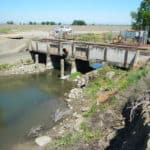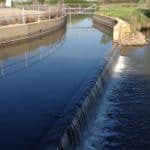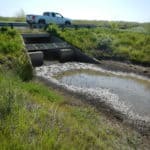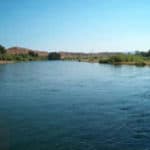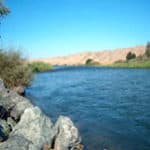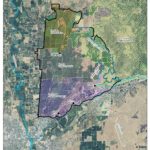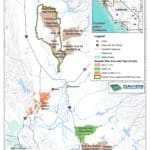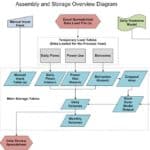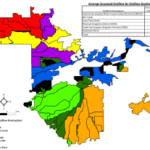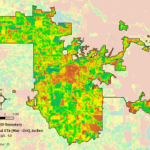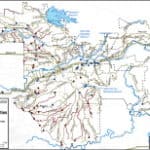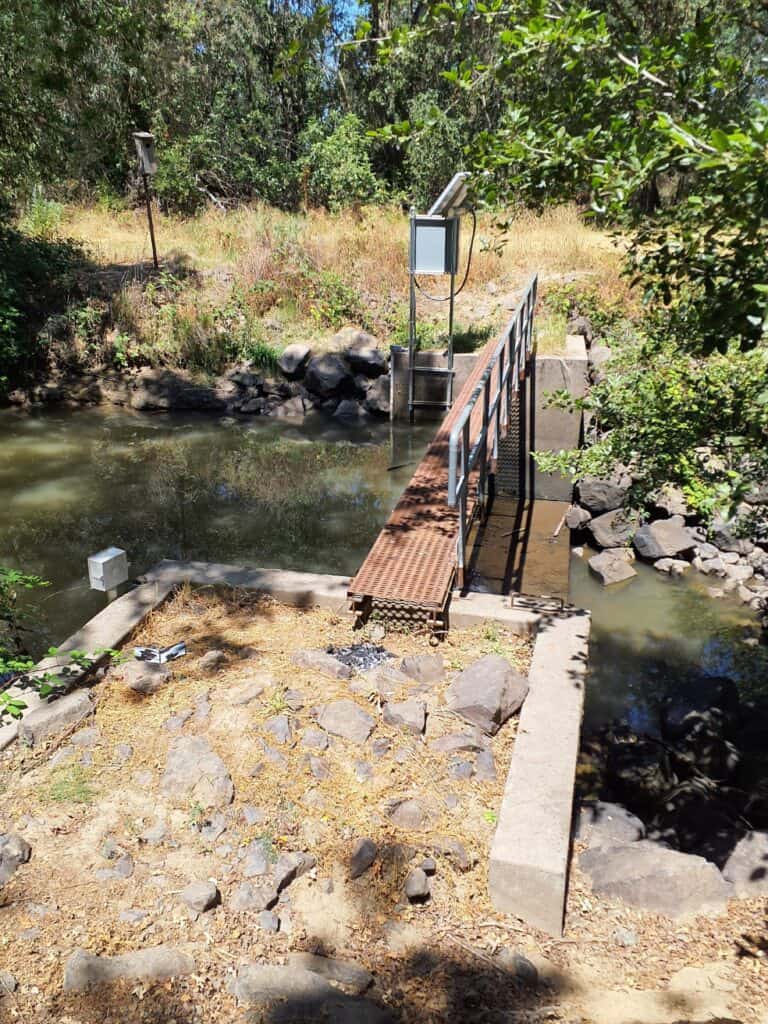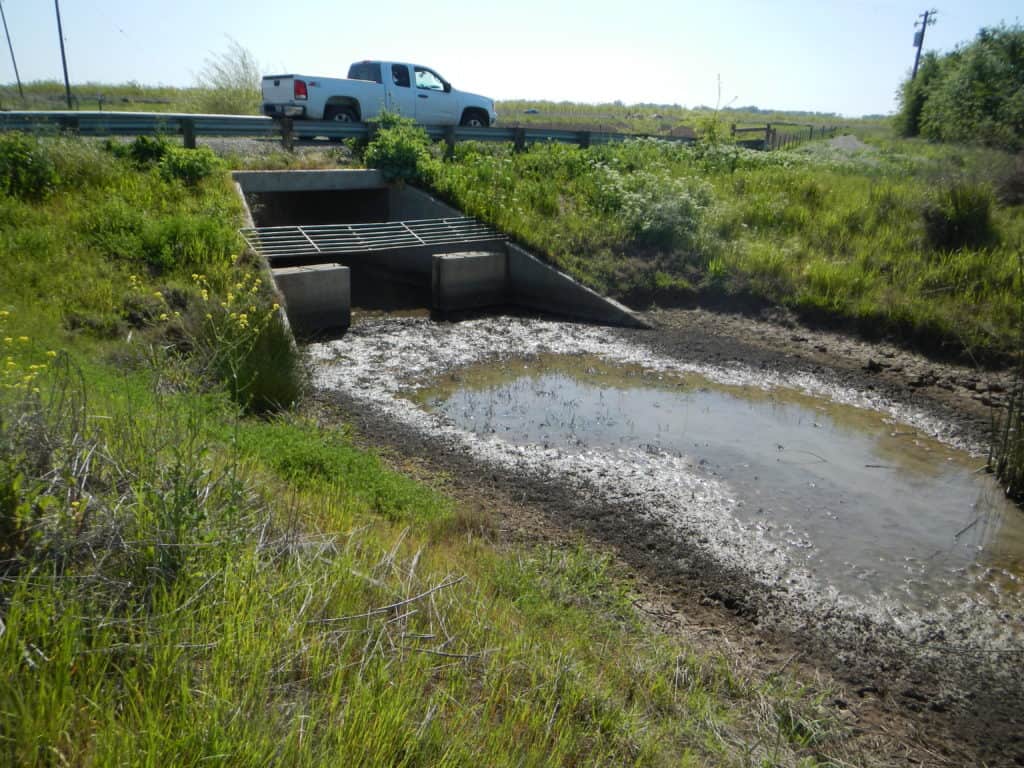Agricultural water management encompasses all aspects of irrigation and drainage engineering, soil and water conservation, and watershed management. Improving agricultural water management plays a central role in maximizing agricultural production from limited water supplies while achieving economic and environmental sustainability.
We provide a broad range of services supporting management of surface water and groundwater supplies. Since 1993, we have assisted dozens of irrigation water suppliers and farmers, across a wide range of agro-climatic, hydrologic, production and water management conditions. Our services include:
We provide a broad range of services supporting management of surface water and groundwater supplies. Since 1993, we have assisted dozens of irrigation water suppliers and farmers, across a wide range of agro-climatic, hydrologic, production and water management conditions. Our services include:
Water Information Systems
Increasingly, water stewards throughout the west are being required to collect and report water information to regulatory and quasi-regulatory agencies, reflecting increasing public demand for transparency in how water supplies are used. Most commonly, data requirements include surface water flows, water quality, and groundwater levels. This data must be collected, reviewed for accuracy, stored, analyzed and incorporated in various reports.
Davids Engineering works closely with water stewards to develop water information systems that perform these functions reliably and cost-effectively. We have designed and implemented a range of water information systems suited to the needs of our clients, from small and simple systems that incorporate manual data collection and spreadsheet-based data management and reporting, to large and complex systems capable of managing hundreds of remotely monitored sites with Oracle-based automated quality control and reporting procedures.
Davids Engineering works closely with water stewards to develop water information systems that perform these functions reliably and cost-effectively. We have designed and implemented a range of water information systems suited to the needs of our clients, from small and simple systems that incorporate manual data collection and spreadsheet-based data management and reporting, to large and complex systems capable of managing hundreds of remotely monitored sites with Oracle-based automated quality control and reporting procedures.
Water Conservation Planning and Verification
Water transfers between willing buyers and sellers is a viable means of reallocating available water supplies. Transfers of conserved water typically require some form of verification to quantify the volume of water that is actually saved and available for transfer. Verification protects the interests of buyers and sellers, third parties who may be affected by the transfer, and the environment.
Davids Engineering is a pioneer in water conservation verification, beginning with the development and implementation of verification strategies for the landmark conservation agreement between the Imperial Irrigation District (IID) and the Metropolitan Water District of Southern California (MWD). Recently, Davids Engineering has employed verification-based planning procedures derived from the IID-MWD transfer to develop IID’s Efficiency Conservation Definite Plan, a highly detailed formulation of integrated system and on-farm improvements that serves as IID’s basis for fulfilling its obligations under the Quantification Settlement Agreement. Davids Engineering has employed various elements of these analytic approaches and procedures for other planning initiatives across California.
Davids Engineering is a pioneer in water conservation verification, beginning with the development and implementation of verification strategies for the landmark conservation agreement between the Imperial Irrigation District (IID) and the Metropolitan Water District of Southern California (MWD). Recently, Davids Engineering has employed verification-based planning procedures derived from the IID-MWD transfer to develop IID’s Efficiency Conservation Definite Plan, a highly detailed formulation of integrated system and on-farm improvements that serves as IID’s basis for fulfilling its obligations under the Quantification Settlement Agreement. Davids Engineering has employed various elements of these analytic approaches and procedures for other planning initiatives across California.
Irrigation System Modernization
Irrigation system modernization generally refers to improvements made to irrigation water conveyance and distribution systems that improve customer service levels and increase system efficiency. Often, system modernization is driven by the need to enhance the reliability, consistency, and flexibility of irrigation services to farmers, especially as they adopt high-efficiency on-farm irrigation systems and management practices that maximize economic productivity. Modernization may also target water conservation through reduction of system losses to seepage and spillage.
Davids Engineering works closely with water suppliers to develop modernization programs that are tailored to meet specific objectives within defined cost and schedule constraints. Modernization programs emphasizing service improvements often begin with grower interviews to identify specific service improvements that will provide the greatest value. Where water conservation is involved, and especially in cases where conserved water will be transferred, historical water balances are developed to quantify potential water savings. Once specific modernization objectives are established, design of facility and operational improvements can be undertaken, and phased implementation mapped out to match available funding. Modernization improvements to open canal systems typically include regulating reservoirs, modification and automation of water control structures, and supervisory control and data acquisition (SCADA).
Davids Engineering works closely with water suppliers to develop modernization programs that are tailored to meet specific objectives within defined cost and schedule constraints. Modernization programs emphasizing service improvements often begin with grower interviews to identify specific service improvements that will provide the greatest value. Where water conservation is involved, and especially in cases where conserved water will be transferred, historical water balances are developed to quantify potential water savings. Once specific modernization objectives are established, design of facility and operational improvements can be undertaken, and phased implementation mapped out to match available funding. Modernization improvements to open canal systems typically include regulating reservoirs, modification and automation of water control structures, and supervisory control and data acquisition (SCADA).
Water Measurement Plans
Effective water management depends on sufficiently accurate water measurement. Davids Engineering approaches water measurement by first understanding the desired water management outcomes, and then designing water measurement improvements that appropriately balance benefits and costs, recognizing measurement costs generally go up with increasing measurement accuracy. Plans typically include identifying strategic measurement locations, selecting the appropriate structures and instrumentation for measuring and recording flow, and designing and implementing a program to collect, quality control, store and analyze measurement data.
Water Management Planning
Agricultural water suppliers prepare various types of water management plans, both to better understand and guide their own water management improvements and to comply with state and federal requirements. In California, state legislation requires certain suppliers to prepare Agricultural Water Management Plans (AWMPs), Integrated Regional Water Management Plans (IRWMPs) or Groundwater Management Plans (GMPs). Other states may have similar requirements or conditions that call for similar kinds of plans to enhance resource management.
Davids Engineering has prepared (either solely or as part of multi-firm teams) all of these water management plans for dozens of agricultural water suppliers both within and outside of California. These plans have provided valuable information and guidance on water resource management. Additionally, the plans within California have been prepared according to applicable criteria, and all have been formally adopted by the suppliers and approved by the administering agencies.
Davids Engineering has prepared (either solely or as part of multi-firm teams) all of these water management plans for dozens of agricultural water suppliers both within and outside of California. These plans have provided valuable information and guidance on water resource management. Additionally, the plans within California have been prepared according to applicable criteria, and all have been formally adopted by the suppliers and approved by the administering agencies.
Conjunctive Water Management
Conjunctive water management refers to the coordinated and planned use and management of both surface water and groundwater resources to maximize the availability and reliability of water supplies. Irrigation-dominated agricultural areas with developed surface and groundwater resources and facilities often can increase water supply reliability and achieve environmental enhancements through conjunctive management. With its agricultural orientation and technical capabilities, Davids Engineering is uniquely suited to support local agencies in the development and implementation of conjunctive water management strategies and programs.
